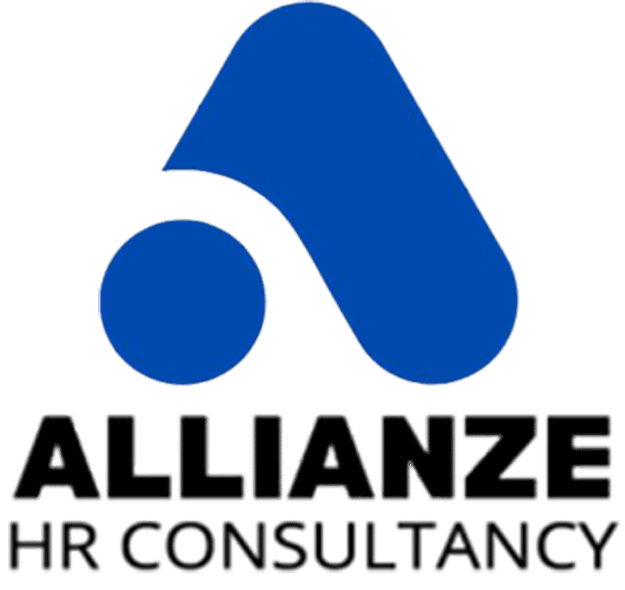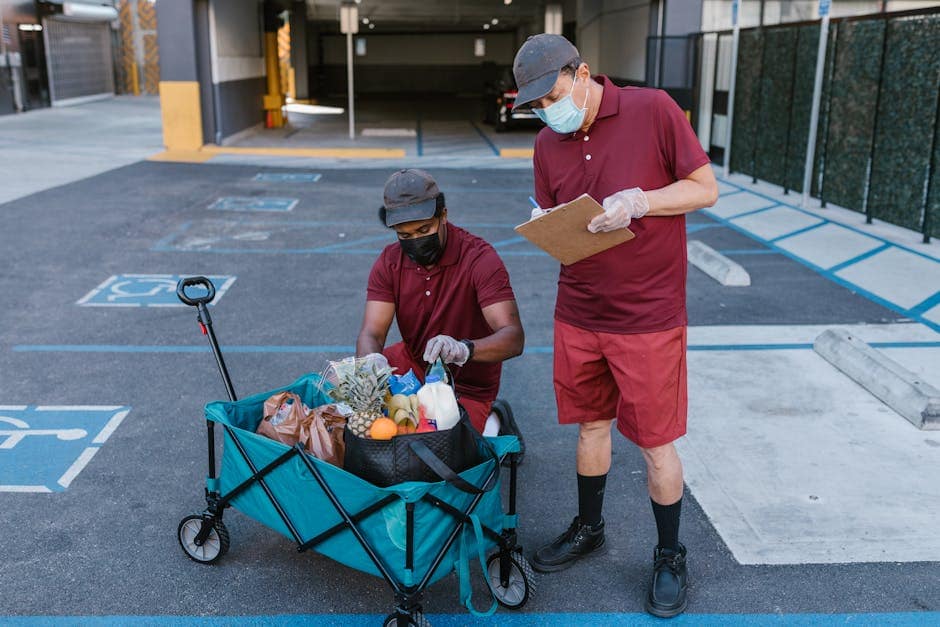Skilled Hygiene Workers Supporting Food Safety in UAE
The Critical Role of Hygiene Workers in UAE’s Food Industry
Skilled hygiene professionals form the backbone of food safety protocols across the Emirates. They conduct regular inspections, monitor handling procedures, and enforce compliance. Additionally, they identify potential hazards before they become public health issues. Their work spans from luxury hotels in Dubai to local eateries in Sharjah. Every day, they prevent contamination and ensure safe dining experiences. Therefore, their contribution is invaluable to the UAE’s reputation as a global food hub.
Essential Responsibilities of Food Safety Personnel
These experts perform diverse duties to maintain impeccable standards. Firstly, they implement Hazard Analysis Critical Control Point (HACCP) systems. Secondly, they train kitchen staff on proper hygiene practices. Thirdly, they collect samples for laboratory testing. They also audit supply chains for compliance. Furthermore, they manage waste disposal and pest control protocols. Their comprehensive approach covers every aspect of food production and service.
UAE Regulations Governing Food Safety Standards
The UAE has established rigorous food safety laws to protect consumers. For example, the Emirates Authority for Standardization and Metrology (ESMA) sets national standards. Similarly, each emirate has its own regulatory body. Dubai Municipality’s Food Safety Department is particularly renowned for its strict enforcement. These regulations mandate specific qualifications for hygiene workers. Consequently, professionals must undergo certified training programs. Compliance is not optional; it is a legal requirement for all food businesses.
According to a FAO report, the UAE’s regulatory framework aligns with international best practices. The country has adopted Codex Alimentarius standards. Additionally, it follows guidelines from the World Health Organization. This global approach ensures that local food safety measures meet world-class benchmarks.
Training and Certification for UAE Hygiene Professionals
Becoming a skilled hygiene worker in the UAE requires specialized education. Numerous institutions offer accredited courses in food safety management. For instance, the Chartered Institute of Environmental Health (CIEH) provides globally recognized certifications. Similarly, local training centers partner with international bodies. These programs cover critical topics like microbiology, sanitation techniques, and audit procedures. Moreover, they include practical assessments to ensure competency.
Key Certification Programs Available in the Emirates
Aspiring professionals can pursue several pathways. The HACCP certification is fundamental for all practitioners. Additionally, the Level 3 Award in Supervising Food Safety is highly valued. For advanced roles, the Level 4 Award in Managing Food Safety is essential. These qualifications are mandatory for supervisory positions. Furthermore, continuous professional development is required to maintain licenses. Regular updates keep workers informed about emerging risks and technologies.
Impact on Public Health and Tourism Industry
Effective food safety management directly reduces health risks. The UAE has witnessed a significant decline in foodborne illnesses over the past decade. This improvement correlates with enhanced hygiene monitoring systems. Skilled workers detect contamination early, preventing outbreaks. Their vigilance protects vulnerable populations like children and elderly residents. Moreover, they uphold the nation’s image as a safe tourist destination. Millions of visitors enjoy diverse cuisines without concerns about hygiene standards.
A study by Abu Dhabi Public Health Center confirms this positive trend. Reported cases of food poisoning have decreased by 40% since 2015. This achievement reflects the effectiveness of current safety protocols. It also highlights the dedication of hygiene professionals across the sector.
Technological Advancements in Food Safety Monitoring
Modern tools have transformed traditional inspection methods. For example, digital thermometers and pH meters provide accurate real-time data. Similarly, ATP testing devices measure surface cleanliness instantly. Many facilities now use automated monitoring systems. These technologies track temperature, humidity, and other critical parameters continuously. Additionally, blockchain platforms enhance traceability across supply chains. They record every transaction from farm to fork.
How Technology Supports Skilled Hygiene Workers
Advanced equipment complements human expertise. It reduces manual errors and increases efficiency. For instance, data analytics identify patterns that might indicate risks. Meanwhile, mobile applications streamline inspection reporting. Hygiene workers can access historical data during audits. This integration of technology and human skill creates a robust safety net. Consequently, it elevates overall standards throughout the industry.
Challenges Faced by Food Safety Workers in UAE
Despite advancements, professionals encounter several obstacles. The high turnover rate in the hospitality sector complicates training efforts. Similarly, language barriers sometimes hinder effective communication. Additionally, extreme summer heat poses unique storage challenges. Perishable goods require meticulous temperature control. Furthermore, the diversity of imported products increases complexity. Hygiene workers must understand various production methods and regulations.
According to ministry reports, climate change presents new challenges. Rising temperatures threaten cold chain logistics. However, skilled workers adapt protocols to address these evolving conditions. Their proactive approach ensures consistent protection for consumers.
Future Trends in UAE Food Safety Practices
The field continues to evolve with emerging trends. Artificial intelligence will play a larger role in risk prediction. Meanwhile, DNA testing will improve ingredient authentication. Sustainability concerns will influence waste management strategies. Moreover, personalized nutrition may create new safety considerations. Hygiene workers will need updated skills to handle these developments. Continuous learning will remain essential for career progression.
Preparing for Tomorrow’s Food Safety Landscape
Training institutions already incorporate future trends into curricula. They emphasize digital literacy alongside traditional hygiene principles. Additionally, they foster critical thinking for problem-solving. The next generation of workers will be tech-savvy and adaptable. They will lead the UAE’s food industry toward even higher standards. Consequently, public confidence in food safety will continue growing.
How Businesses Can Support Their Hygiene Teams
Companies play a vital role in empowering their safety personnel. Firstly, they should invest in ongoing training programs. Secondly, they must provide modern equipment and tools. Thirdly, they need to foster a culture that prioritizes hygiene. Management should encourage reporting of concerns without fear. Additionally, competitive compensation attracts and retains talent. When businesses support their teams, everyone benefits—employees, customers, and the brand itself.
For resources on developing your team, explore our Resources page. We offer guides on training and compliance best practices. Furthermore, our experts can help you design customized programs for your staff.
Frequently Asked Questions
What qualifications do hygiene workers need in UAE?
They require certified training in food safety management, such as HACCP or CIEH certifications, approved by local authorities.
How often do food establishments get inspected?
Frequency varies by emirate and risk level, but high-risk venues typically undergo quarterly inspections by municipality teams.
What are the penalties for violations?
Penalties range from fines and temporary closure to license cancellation for severe or repeated offenses against food safety standards.
Can hygiene workers shut down unsafe facilities?
Yes, inspectors have authority to immediately close establishments posing imminent health threats until violations are corrected.
How has technology improved food safety monitoring?
Digital tools like real-time temperature sensors and blockchain tracking have significantly enhanced traceability and compliance verification.
What role do skilled hygiene workers play in tourism?
They ensure tourists enjoy safe dining experiences, protecting Dubai and Abu Dhabi’s reputation as world-class culinary destinations.
Conclusion: Recognizing the Guardians of Our Food Supply
In summary, skilled hygiene workers supporting food safety in UAE perform an indispensable service. Their expertise protects public health and supports economic growth. Furthermore, their adaptability ensures that evolving challenges are met effectively. Every restaurant visit and supermarket purchase benefits from their vigilance. Finally, we must acknowledge their critical contribution to our daily lives. To enhance your organization’s food safety protocols, contact us for expert guidance. Alternatively, book an appointment with our consultants today. Let’s work together to elevate hygiene standards across the industry.



